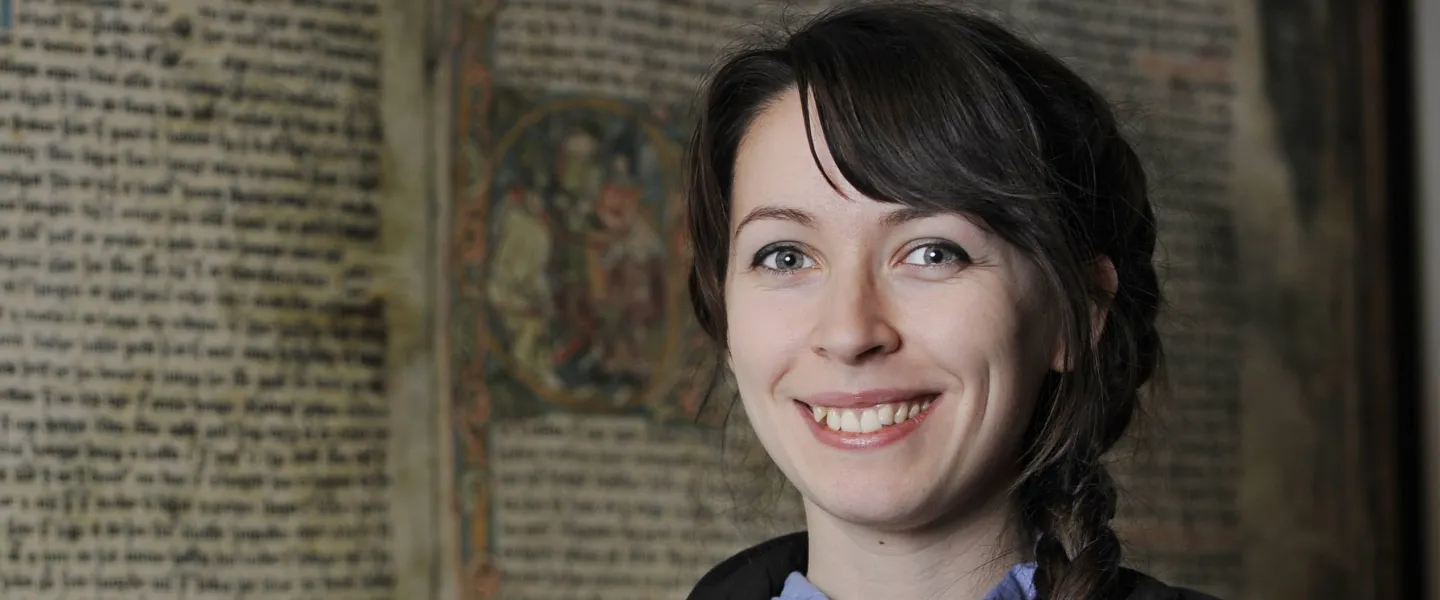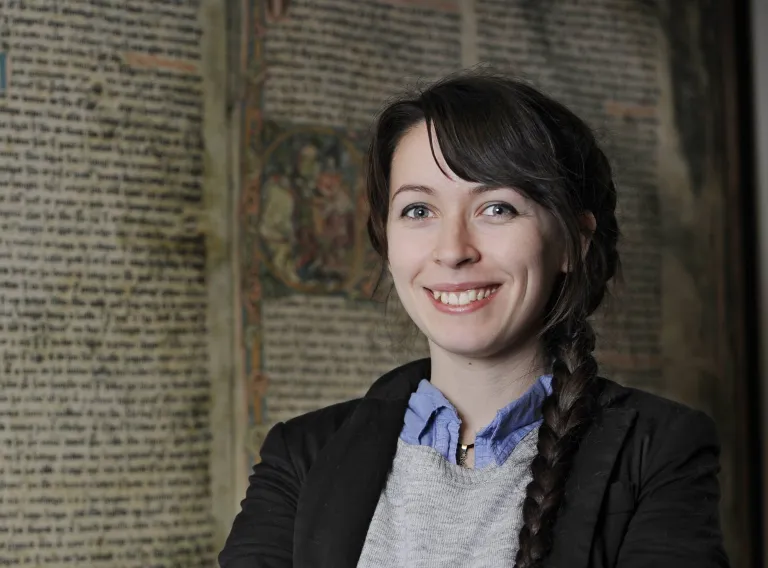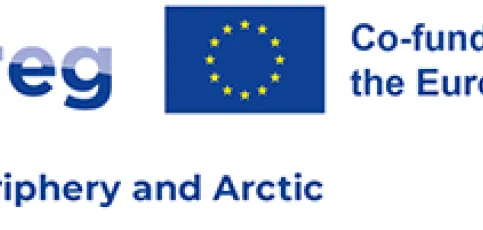
“Outlawry as a social phenomenon in Medieval Iceland is the subject of my research,” says Marion Poilvez Ph.D student from France who originally came to Iceland as an Erasmus student in 2009. Marion studies Old Icelandic law codes and Icelandic medieval sagas, both of which are full of information about how Medieval Iceland dealt with criminals.
“Surprisingly, Icelandic outlawry did not get much of attention in the scholarly milieu. I wonder why sentenced Icelandic criminals who supposedly were dangerous were expelled from society (skóggangr), yet were prevented from leaving the island. Iceland became their prison in a way. This appears to be unique in medieval Europe. I would like to develop the hypothesis that full outlawry was indeed a scapegoat mechanism to channel violence present within medieval Icelandic society. Gísli Súrsson and Grettir sterki fit my hypothesis and I’m hoping to find more in the next few years.”



